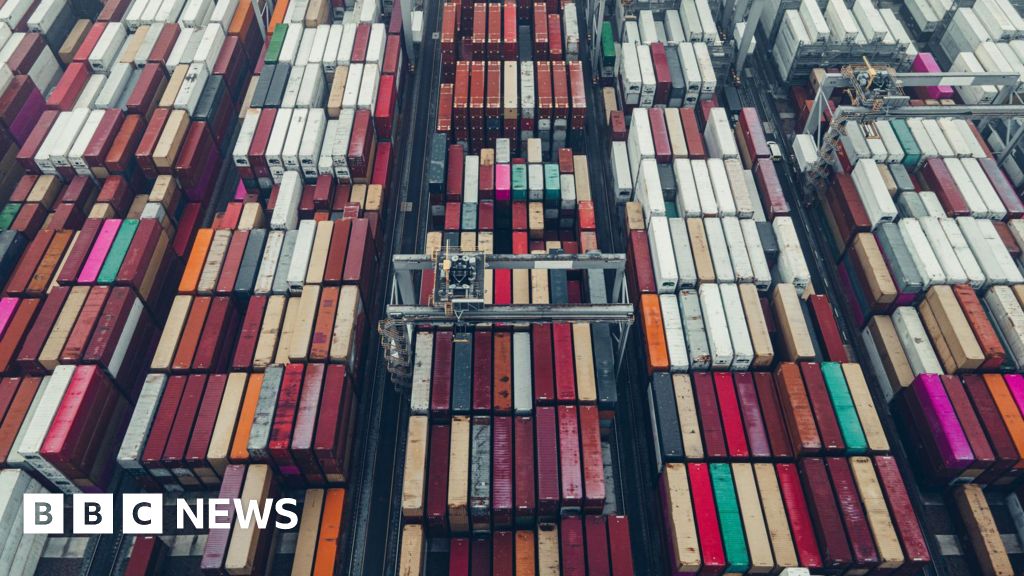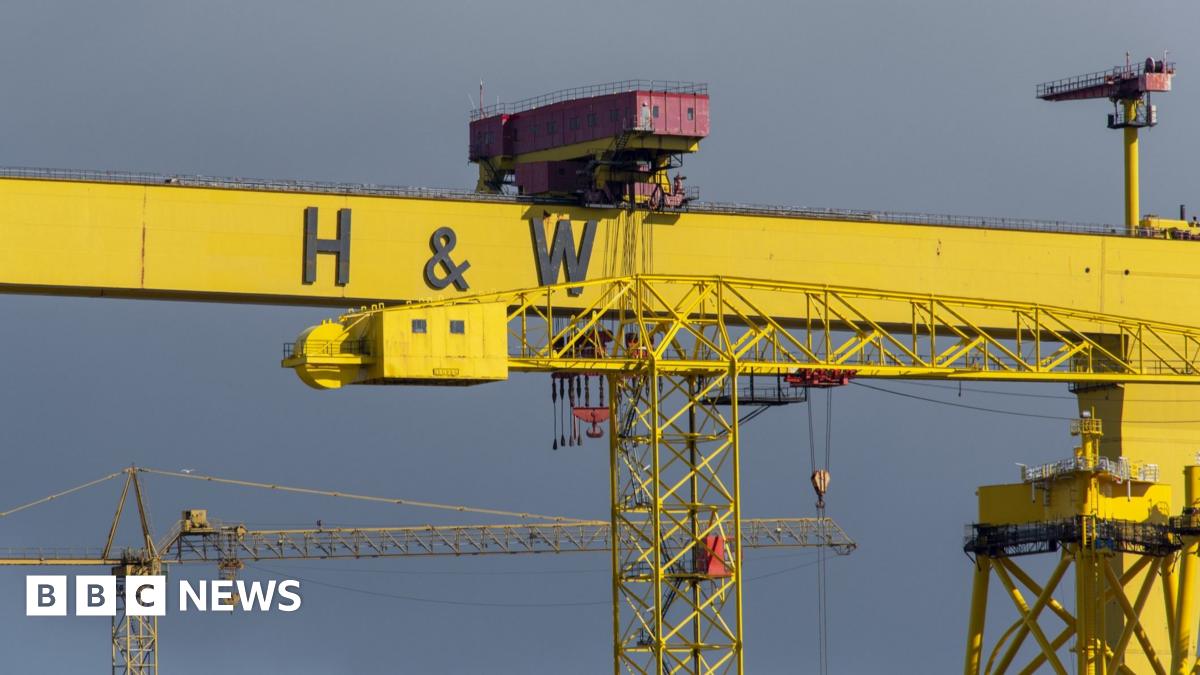Iran has urged oil-rich Gulf states to remain “neutral” after Tehran fired a barrage of missiles at Israel last week, as it pursues a diplomatic drive in the region amid fears that the Middle East is sliding to all-out war.
The Islamic republic has cautioned its Arab neighbours, who worry about getting caught in the crossfire, not to “facilitate” an Israeli response such as allowing Israel’s war planes to use their airspace, said an Iranian official.
A flurry of regional diplomacy came after Prime Minister Benjamin Netanyahu’s government vowed a “deadly” response to Iran’s ballistic missile attack and intensified its offensive against Hizbollah in Lebanon.
But Riyadh and Abu Dhabi in particular worry that if Iran feels it is under grave threat, it could lash out at them, potentially striking their oil infrastructure if Israel targets the republic’s energy facilities.
“The Iranians could threaten to hit the Saudi oil infrastructure, so that is a concern. The kingdom doesn’t want an escalation, but it is prepared for that eventuality,” said Ali Shihabi, a Saudi commentator close to the royal court.
Iran was seeking to maintain a fragile rapprochement with arch-rivals such as Saudi Arabia and the United Arab Emirates, delivering the message that they should discuss their “differences” and “misunderstandings” to resolve regional issues, said Arab and Iranian officials.
“It’s a tricky situation for Saudi Arabia, and the Iranians know that. There’s a balance between Israel degrading Hizbollah and Iran, and things getting out of control,” Shihabi said.
Both Iran and Gulf states are keen to keep diplomatic channels open as the regional crisis intensifies. Saudi Crown Prince Mohammed bin Salman this week held talks with Iran’s foreign minister Abbas Araghchi, who made a rare trip to Riyadh to discuss the “latest regional developments”, the Saudi state news agency said.
Araghchi then flew to Qatar, which has good relations with Tehran, while also hosting the US’s biggest military base in the Middle East.
Last week the Iranian diplomat held talks with Gulf foreign ministers on the sidelines of a meeting of the six-member Gulf Cooperation Council in Doha — the first time in years that such talks had taken place at a GCC gathering. Two Arab officials described the meeting as “conciliatory” and “co-operative”.
The Iranian official said Tehran had not threatened Gulf states. But he said the message was twofold: “persuading them to help them bring a ceasefire in the region, and warning them that if Israel attacks Iran they should not in any way facilitate that attack”.
Saudi Arabia and the UAE have for several years sought to calm their long-running acrimony with Iran. But they still view the Islamic regime as a malign actor in the region and are wary of the threat it poses.
In 2019 — as the Gulf powerhouses backed former US president Donald Trump’s maximum pressure campaign against the Islamic republic — Iran was blamed for a missile and drone assault that temporarily knocked out half of Saudi Arabia’s oil output, as well as the sabotage attacks on two tankers in the Gulf.
But Saudi Arabia restored diplomatic relations in March 2023, establishing a cold peace between the two adversaries. It has also been seeking to extract itself from its conflict with the Iranian-backed Houthis in Yemen, a major point of friction.

Both Riyadh and Abu Dhabi have sought to remain on the sidelines of the wave of regional hostilities that erupted after Hamas’s October 7, 2023 attack on Israel. They have pressed for a ceasefire, while joining other Muslim states in condemning Israel’s conduct of its war.
Since the Hamas attack triggered war with Israel, the UAE has cautioned Washington that it did not want any US assets in the Gulf state to be used against Iranian targets.
That reflected concern in Abu Dhabi about the degree to which the US would commit to defend the UAE from any subsequent counterstrike from Iran or the Houthis.
For similar reasons, neither the UAE nor Saudi Arabia joined a US-led maritime task force that has attempted to counter Houthi attacks on shipping in the Red Sea.
“As long as the Americans are hedging on their security commitments to the region, the region will have to hedge to protect itself,” said a person familiar with the UAE’s thinking.
Riyadh did, however, provide assistance to the US as American forces and their allies intercepted missiles that Iran fired at Israel in April, western diplomats said. It is not clear what that entailed.
“They are caught between the two regional bullies, Israel and Iran, with neither appealing to their visions of the region,” said Sanam Vakil, director of the Middle East and North Africa programme at Chatham House.
Israel’s relentless pounding of Hizbollah — Iran’s most powerful proxy — has exemplified the bind in which the two states find themselves, she added.
Saudi Arabia and the UAE have long considered Hizbollah a “terrorist” organisation. They see it as a destabilising force, not just in Lebanon but across the region, and it serves their interests to see the group weakened.
They accuse the militant movement of training and supporting the Houthis — who in the past have fired missiles and drones at Saudi Arabia and the UAE — and stoking instability among Shia populations in their countries.
The Gulf states and Hizbollah were also on opposing sides in Syria’s civil war, with the former backing Sunni rebels and the latter fighting alongside Iranian and Russian forces in support of President Bashar al-Assad’s regime.
In 2017, Riyadh warned it would treat Lebanon — which historically received billions of dollars in Gulf aid — as a hostile state as long as Hizbollah remained in its government.
The Saudis and Emiratis have for years fretted about the Shia group’s dominance over Lebanese politics at the expense of the Sunni parties they traditionally backed, reducing Riyadh’s political influence in Beirut.
But the concern in Riyadh and Abu Dhabi is the destabilising impact of Israel’s expanding offensive.
“There is no love lost between Hizbollah and Saudi, but Lebanon is a sovereign state and this is a very dangerous precedent that the Israelis are setting. They are making it complicated for everybody,” a Saudi official said.
The official said Israel’s actions in the Palestinian territories and Lebanon “have created a growing sense of anger [in the Arab world]”.
“So the question is can anyone take the political step of making a compromise? At the moment it is down to Israel.”
Abdulkhaleq Abdulla, an Emirati politics professor, said the Gulf also worried about emboldening Netanyahu and his far-right allies in Israel.
“We benefit from [Israel] weakening Iran and its proxies but we see the cost of emboldening Netanyahu,” he said “We’re entrapped in this . . . We have two devils. One is just as bad as the other.”
Credit: Source link











